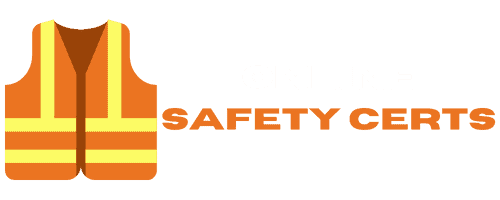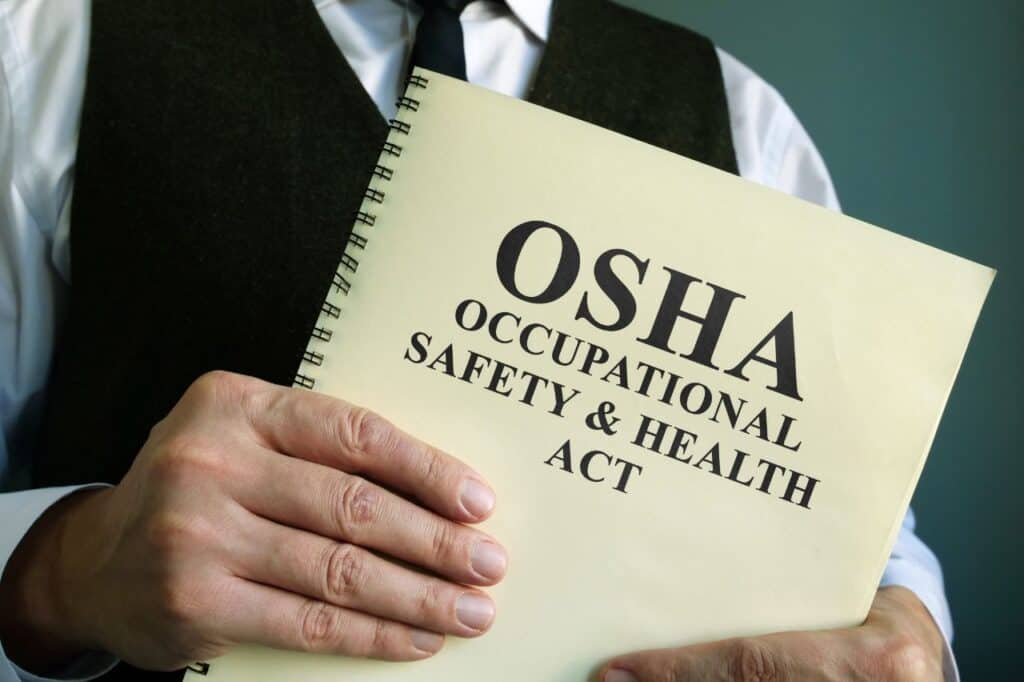Environmental management is a field that covers a wide range of job roles, with career paths in both the private and public sectors. Whether you are looking to join an environmental organization or university research team, here you can learn more about the qualifications needed and the various job roles available in environmental management.
Understand Your Qualifications
To be employed in an environmental management role, you should ideally hold a relevant degree in the field. Environmental studies cover topics such as land use, ecology, conservation, and sustainability. A degree in any of these will provide you with the theoretical foundation to pursue a career in environmental management. However, if you do not have a degree in this field, there are still several other qualifications that could help you transition into this profession. Relevant experience gained from internships or volunteer positions can also prove very useful when making applications for entry-level positions.
Find the Right Role
There are a variety of different roles in environmental management, and you’ll need to find the right one for you. Environmental managers usually specialize in either policy, research, or sustainability practices. If you’re interested in creating policy, then you’ll need to have an in-depth knowledge of relevant local and national legislation as well as experience in working with public authorities and advocacy groups. On the other hand, if research is more your focus, then roles such as field technicians and scientists may be more suitable. Finally, if sustainability practices such as reducing waste and improving efficiency are your preference then consultancies, professional bodies and green businesses may offer the perfect opportunity for you.
Develop Your Knowledge and Skills
As well as your degree, you should also look to pursue relevant professional qualifications and certifications. These could include training in environmental legislation, risk assessment and sustainable development. Having such qualifications will put you in a much better position when looking for jobs or promotion opportunities. There are also a range of other skills that are beneficial to have such as strong analytical abilities, problem solving and communication skills to name but a few. It’s important to keep honing these skills throughout your career by participating in workshops, attending conferences and keeping up-to-date with the latest research and developments within the field. This type of CPD (Continuous Professional Development) is expected from anyone who works in this profession so it’s highly advisable to get involved.
Develop an Environmental Mindset
An effective environmental manager begins with building and maintaining an environmental awareness that is practically applied within their day-to-day operations. As such, it’s key to develop an understanding of the subject through relevant research and attending conferences and talks where you can learn the latest developments in this field. Become knowledgeable on both local and global issues related to the environment and form an idea of how you could help tackle them. Furthermore, become aware of any regulations that your industry may have to abide by, as well as what applicants are expected to know before they apply for a role in this profession. With this information available at your fingertips, you’ll be able to work confidently and competently in a range of environmental management contexts.
Network to Make Connections
Networking is an essential part of any career, and in the rapidly changing field of environmental management it has become even more important. By attending events and conferences and subscribing to news feeds online, you can build connections with similar-minded professionals. This will also be helpful in finding potential employers or even mentors who could help guide you through the industry, or open doors for bigger opportunities. Don’t forget to leverage valuable platforms such as LinkedIn as well — it’s a great way to amplify your reach without actually having to break out of your comfort zone.


